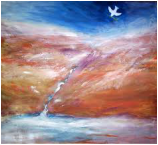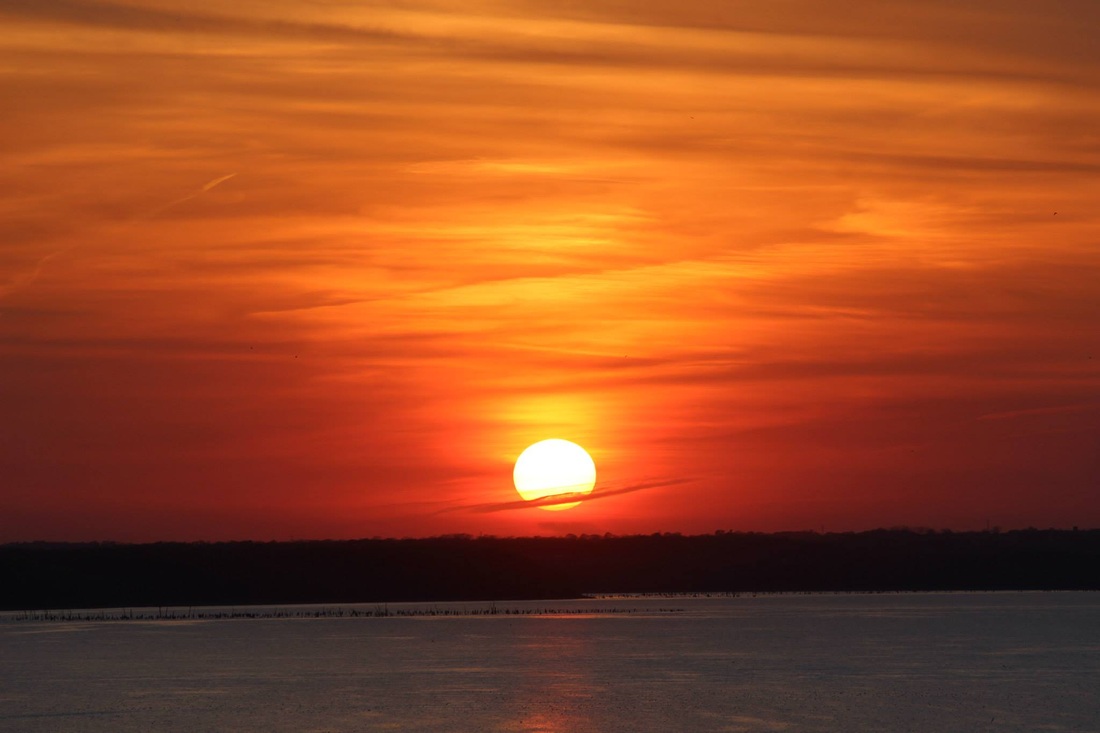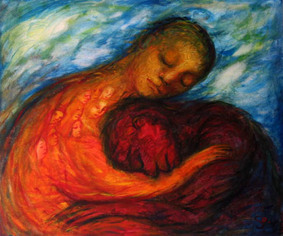
- Amos 5.21-24 (The Message; italics added)
Directed by God, the whole company of Israel moved on by stages from the Wilderness of Sin. They set camp at Rephidim. And there wasn’t a drop of water for the people to drink. The people took Moses to task: “Give us water to drink.” But Moses said, “Why pester me? Why are you testing God?” But the people were thirsty for water there. They complained to Moses, “Why did you take us from Egypt and drag us out here with our children and animals to die of thirst?” Moses cried out in prayer to God, “What can I do with these people? Any minute now they’ll kill me!” God said to Moses, “Go on out ahead of the people, taking with you some of the elders of Israel. Take the staff you used to strike the Nile. And go. I’m going to be present before you there on the rock at Horeb. You are to strike the rock. Water will gush out of it and the people will drink.” Moses did what he said, with the elders of Israel right there watching. He named the place Massah (Testing-Place) and Meribah (Quarreling) because of the quarreling of the Israelites and because of their testing of God when they said, “Is God here with us, or not?”
- Exodus 17.1-7 (The Message)
Some of my favorite childhood memories cluster around rain, or more specifically, the powerful and majestic thunderstorms that rolled across the foothills of the Appalachians on summer evenings. The rainstorms – gully washers rather – were a frequent and readily available symbol of God’s majesty and power, and when I gazed on this spectacle, I felt very keenly the presence of God.
I remember, for example, the stream that roared through our backyard during such downpours. It wasn’t there earlier in the day; it was evidenced only by a dry, shallow gully running “catawampus” to the house (as we said back in the day). But during the storm it swelled and roiled and made its way on to the forest beyond our property, eventually to nurture and nourish flowers and trees, and provide refreshing drink for the animals. With one exception; when enough debris accumulated in the stream – sticks, tree limbs, clumps of soil and grass, old co-cola bottles, or the assorted item from mama’s garden – it would create a bottleneck and clog the stream. Then it would overflow its bounds and flood the flower gardens on either side; ripping up beautiful azaleas and washing away iris and daffodil altogether.
Moses must have felt like he had encountered a bottleneck when he faced the Hebrew children in the wilderness. They clogged everything around them with their debris – selfishness, petty resentments, self serving demands, fear, anger… you get the picture – and blocked the flow of God’s gift of water, nurturing refreshing water, from the rock. They were called to be a great people and a blessing to the nations; they were called to let justice roll down like waters, so that the nations might come and be healed; but they clogged the stream, hoarding God’s presence for themselves. Because of their dry, barren spirituality, God’s stream of justice would never reach beyond their bottleneck.
You know by now where I am going with this. We too are called to be a blessing to others; we too are called to let justice roll down like waters; but we too tend to clog the stream with our debris: bigotry, insensitivity, hatred, ridicule of those with different political or social views, navel gazing concern to provide for those close to home (read: those who look like me) and a felt responsibility for the preservation of our church… and our church alone. Let others fend for themselves. The only way to let justice roll down like waters would be to clear out the debris, and let God’s gully washer flow freely through us into the world God still loves. Now that would be a real gully washer indeed!




 RSS Feed
RSS Feed



